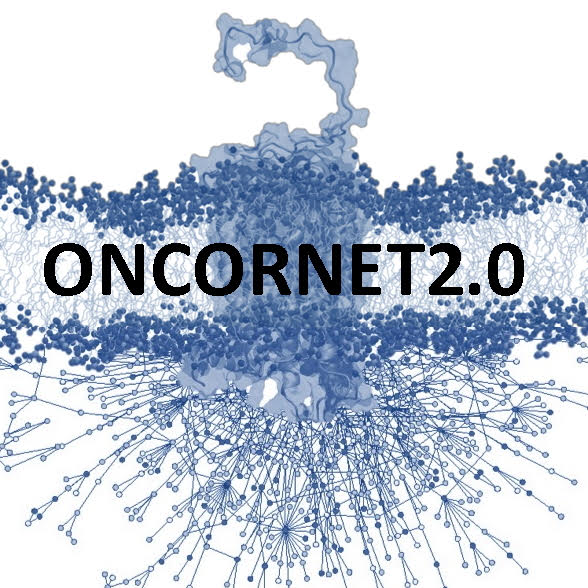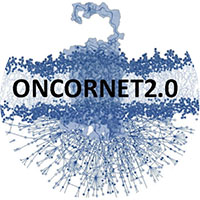Compartmentalised signalling and trafficking of CXCR4 and ACKR3
Early stage researcher 11 (ESR11) project
Supervision: Prof. Dr. Meritxell Canals, Dr. Stephen Briddon
Host: University of Nottingham
I – Project proposal:
Aim:
To investigate the compartmentalization of signals generated by CXCR4 and ACKR3.
To assess receptor diffusion within the plasma membrane and endocytosis and to determine its role in the signalling repertoire of CXCR4 and ACKR3.
To use receptor mutatagenesis and knockdown of GRKs, G proteins and arrestins to elucidate the mechanisms of signal compartmentalisation and receptor regulation.
Methodology:
Signal compartmentalization by CXCR4 and ACKR3 will be investigated using genetically encoded biosensors that detect activation of specific signalling cascades (PKC, ERK, cAMP).
Receptor diffusion within the plasma membrane will be assessed using Fluorescence Correlation Spectroscopy (FCS) as well as Total Internal Reflection Fluorescence (TIRF) microscopy. BRET sensors for receptor trafficking and for the recruitment of arrestins will be used to determine the kinetics of receptor endocytosis.
The mechanisms of compartmentalised signalling and receptor trafficking, and the relation between them will be assessed using complementary approaches to inhibit receptor endocytosis in combination with the signalling biosensors and imaging approaches described above.
Planned secondments:
Universitätsklinikum Jena
Universidad Autónoma de Madrid
II – Requirement candidate:
Required diploma: MSc degree in pharmacology, biochemistry or a related discipline
Required expertise: cell culture, cell biology, cell-based assays, molecular biology
Recommended expertise: GPCR molecular pharmacology, imaging, FRET/BRET-based approaches
Key publications:
- Halls, M.L., et al., Plasma membrane localization of the μ-opioid receptor controls spatiotemporal signaling. Science signaling, 2016. 9(414): p. ra16.
- Gondin, A.B., et al., GRK Mediates mu-Opioid Receptor Plasma Membrane Reorganization. Front Mol Neurosci, 2019. 12: p. 104
- Jensen, D.D., et al., Neurokinin 1 receptor signaling in endosomes mediates sustained nociception and is a viable therapeutic target for prolong ed pain relief. Science translational medicine, 2017. 9(392).
Briddon, S.J., L.E. Kilpatrick, and S.J. Hill, Studying GPCR Pharmacology in Membrane Microdomains: Fluorescence Correlation Spectroscopy Comes of Age. Trends in pharmacological sciences, 2018. 39(2): p. 158-174.
For more information:
Prof. Dr. Meritxell Canals – meritxell.canals@nottingham.ac.uk
Dr. Stephen Briddon – stephen.briddon@notthingham.ac.uk
Application:
Follow us on
Contact details
Please contact us at:
e.v.langemeijer@vu.nl
ONCORNET Coordinator
Vrije Universiteit Amsterdam




